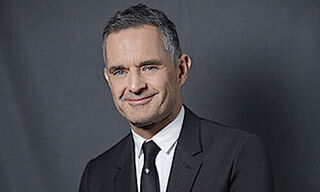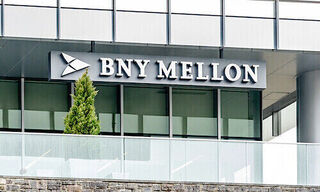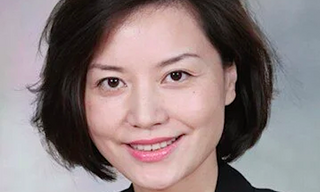Three months removed from the beginning of the Hin Leong scandal, banks in Singapore are joining to establish better commodity financing standards to avoid a repeat.
Around 20 banks and their commodity trade finance chiefs are seeking to create new standards in a bid to improve risk management for future lending against the asset class, according to a «Reuters» report citing multiple unnamed sources, naming HSBC, DBS and OCBC amongst the group of lenders.
The newly proposed guidelines, which is in early discussions, include the possibility of setting up a central registry for pledged collateral to improve transparency and reduce risk for banks. This could potentially resolve cases where loans were backed by cargo that was double-counted or, in the case of the Hin Leong scandal according to a report by its court-appointed supervisor, backed by cargo that did not exist at all.
The Hin Leong scandal first came to light in April this year amid a historic crash of oil prices that would fall into negative territory later that month. It was later revealed that numerous banks including HSBC, DBS, OCBC, Societe Generale and ABN AMRO, were owed a total of $3.8 billion.
Industry Praise
In response to queries about the moves to boost commodity financing standards, major industry bodies in Singapore backed the efforts. The Monetary Authority of Singapore (MAS), Enterprise Singapore (ESG), Accounting and Corporate Regulatory Authority (ACRA) and the Association of Banks in Singapore (ABS) issued a joint statement expressing support.
«This is the first set of best practices in commodities financing that banks in Singapore are developing with the trading community, with support from the government agencies,» said Ong-Ang Ai Boon, director at ABS. «These best practices will help to uplift transparency and trust in commodities financing. We look forward to the best practices being widely adopted across the industry.»
«These practices will strengthen banks’ lending standards and facilitate continued lending to trading companies,» added the regulator’s assistant managing director of banking and insurance, Ho Hern Shin.





















